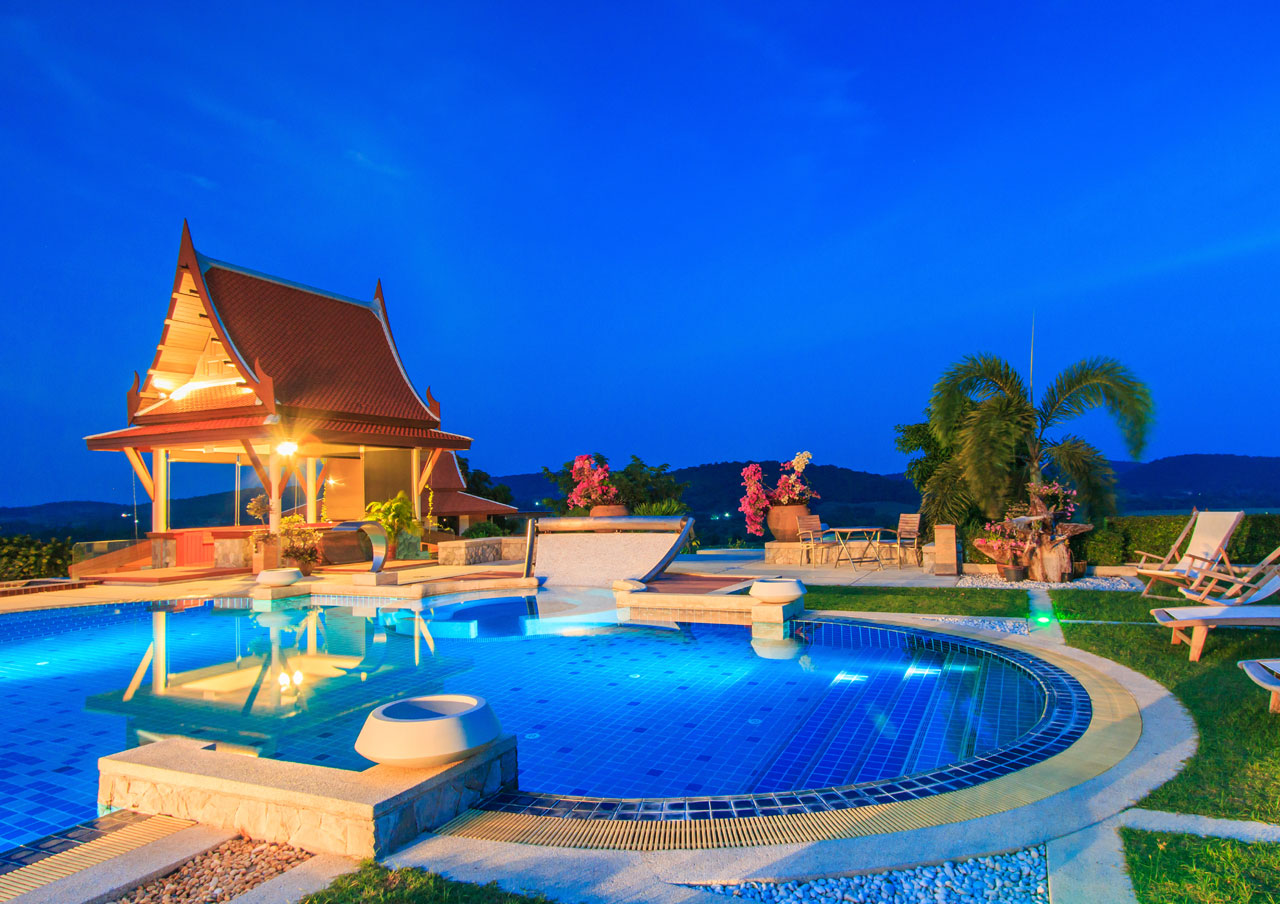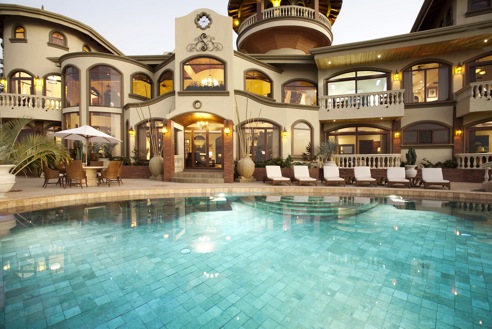Costa Rica Real Estate – This is part of our series on buying real estate in Costa Rica. We hope to provide information needed to make an informed decision about purchasing land, condos, houses or commercial property in Costa Rica. If you want more information about this property or buying real estate in general you can request the free e-book, “Secrets of Buying Real Estate in Costa Rica”
 Real estate is an established industry which has become increasingly popular over the last sixty years because of the innumerable opportunities for you to make big bucks.
Real estate is an established industry which has become increasingly popular over the last sixty years because of the innumerable opportunities for you to make big bucks.
Being one of the most economically and politically stable countries in Central America, Costa Rica is thought to be one of the safest bet when making a real estate investment. From the state of politics to its natural landscape, Costa Rica is deemed as the most competitive and profitable emerging market to invest your hard earned money on.
As a potential investor you must have a lot of questions regarding real estate in Costa Rica. Let me cover a few bases and answer some of the most commonly asked questions when it comes to buying real estate in this tropical country.
Get Your Free Copy of “Secrets of Buying Real Estate in Costa Rica”
If you are wondering why many people from North America, Canada and Europe are attracted to Costa Rica and arrive in hordes to buy real estate property, the answer is pretty simple; Costa Rica has a robust economy, stable government, well protected natural resources and affordable properties that are appreciating vigorously. Furthermore, Costa Rica has a tropical climate best for those expats trying to enjoy the sun away from frigid winter; it has beautiful beaches and picturesque sceneries. Let us also add into the equation the government’s sincere efforts to promote foreign investment which resulted to high level of foreign direct investment per capita in Latin America.
On questions regarding real estate property ownership in Costa Rica, rest assured that locals and foreigners have equal rights in owning fee simple property. The ownership rights are protected and guaranteed by the constitution and apply on both instances when a property is listed under a corporation or name of an individual. Moreover, owning land in Costa Rica does not require the buyer or owner to be a citizen or reside and stay in the country.
Before making any down payment or transfer money to any account it is imperative that the buyer finds out if the property to be purchased is free of  any encumbrances or liens. To get detailed property information it is highly advisable for the buyer to do a title search at the Property Registry that is located in San Jose – Zapote to avoid possible problems in the future and to confirm good title and property ownership. Information included in the report you will be provided upon doing a title search are name of the property owner, boundary lines or exact area of the property, tax appraisal, liens, encumbrances, mortgages and all other information pertinent to the property.
any encumbrances or liens. To get detailed property information it is highly advisable for the buyer to do a title search at the Property Registry that is located in San Jose – Zapote to avoid possible problems in the future and to confirm good title and property ownership. Information included in the report you will be provided upon doing a title search are name of the property owner, boundary lines or exact area of the property, tax appraisal, liens, encumbrances, mortgages and all other information pertinent to the property.
The question now is, how is the title transferred and what are the closing costs? Unlike the process in the US and Canada where the notary public is restricted to just authenticating signatures, in Costa Rica a public notary plays a big role in a real estate purchase process. A property title is transferred from the seller to buyer by processing a transfer deed in the presence of a public notary who is empowered to act on behalf of the state. The public notary who is also a lawyer is tasked to draft and interpret legal documents and verify the authenticity of documents. Once the transfer deed has been accepted the notary will return the original legal documents to the buyer and seller with all the necessary stamps.
Regarding closing costs which entails notary fees, the general unspoken rule is for the seller and buyer to equally share the expenses; however it may change depending on the agreement between the buyer and seller. In addition, buyers should expect land transfer tax, legal fees, and other municipal fees that cost about 2.56 per cent of the declared property value.
Since we have already touched the issue about property tax, municipal tax varies all throughout Costa Rica but still relatively lower compared to that in North America and Europe. Also, property tax should be paid quarterly to the local government encompassing the property in question.
When it comes to capital gains tax, the Costa Rican government does not tax the property owner for the sale of a property so long as this is not done as a means of business. Nonetheless, foreign buyers may be required to pay taxes in any declared profits being brought back to their home country.
When it comes to beachfront properties, buyers need to be aware that building a home bordering the beach areas are governed by the Maritime Law Zone. The first 50 meters from the mean high tide mark cannot be built on as it is considered public property. From that point on, the next 150 meters cannot be permanently owned by any entity but can be leased by a concession from the municipality that has authority over the area.
Get Your Free Copy of “Secrets of Buying Real Estate in Costa Rica”
Property Ownership Types
Is the Property Really for Sale?
What is the Maritime Zone?
Myths About Squatters
Construction, Architects & Engineers
Purchasing Under a Corporation
Financing
And so much more……..

